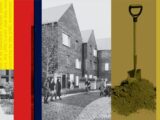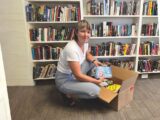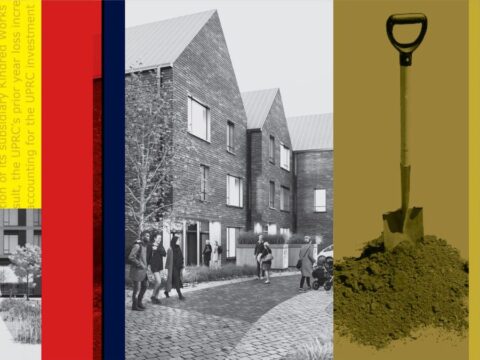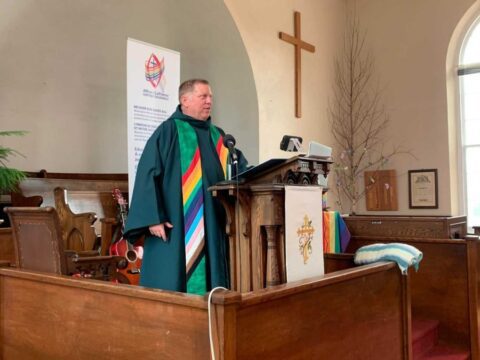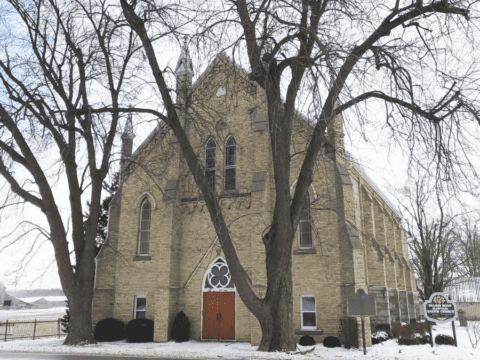A proposal by a group of 13 Indigenous elders and commissioners made for an abrupt and emotional end to the General Council meeting in Calgary on Monday. It generated so much discussion that other decisions slated for the meeting’s final day had to be dropped from the agenda. In the end, the Indigenous proposal was carried.
The rest of the meeting is postponed until September, when all 250 delegates will assemble online to consider the remaining agenda items.
You may unsubscribe from any of our newsletters at any time.
A difficult statement prefaced the proposal in question: “[W]e have experienced a consistent lack of respect, non-existent consultation with grassroots people, no real transparency, and the constant push for assimilation. Trust has been broken and relationships need to be repaired so we can move forward in a good way.”
The authors cited the dissolution of the National Indigenous Council and the All Native Circle Conference without notice or consultation. “The actions of the church have been authoritarian, colonial and disrespectful in direct opposition to the spirit of truth and reconciliation,” they wrote.
They asked for two in-person yearly gatherings to build and strengthen their relationships with the Original People’s elders, youth and the “sandwich generation.” They also want a once-a-year in person National Original People’s Spiritual Gathering so as to create “healthy relationships amongst the Original People of Turtle Island.”
At one point, Moderator Rt. Rev. Carmen Lansdowne, who is Heiltsuk, ceded the chair of the meeting to former moderator Very Rev. Richard Bott so she could speak freely, personally and sometimes emotionally to the court.
“It remains my personal opinion that consultation wasn’t adequately done during the Comprehensive Review Task Group process and the restructuring of the church,” Lansdowne said.
The governance mechanisms that were imposed on the Indigenous Church were a “place holder,” she said, and “that’s not the way the Indigenous church works.”
“What it has done is create lateral violence within the Indigenous Church because people don’t know how to do business this way; it is not a top-down decision-making process,” Lansdowne said, adding that conflict within the Indigenous church is a common trauma response to 500 years of colonialism.
She said that even though the United Church’s original plan for the Indigenous Church made sense on paper, the Indigenous Church has sent commissioners to say that it doesn’t work. “They are saying, ‘We don’t want to make these decisions; we want consultations,’” she said. “The elders who are commissioners in this room [are] asking you for a different way of working. … It may not technically be within the letter of the Remit. But that’s what they are asking for,” she concluded.
The proposal went back and forth with many amendments until finally General Secretary Rev. Michael Blair proposed that the General Council be concluded and reconvened in September as an online meeting. The Indigenous proposal would be the first item on the agenda, he said.
But Blair’s proposal was defeated after Rev. Bob Fillier of Prince George, B.C., insisted that the delegates stop talking and postponing. “It is such a United Church thing to do – talk and talk and talk,” he said. He then moved to extend the current meeting for 15 minutes so delegates could vote on the original proposal from the Indigenous elders.
More on Broadview:
- Vote establishing Indigenous church’s self-determination passes
- Vote to let Indigenous church decide its future would show ‘we are our own elders’: gathering delegate
- Early pages of Broadview’s predecessor reveal a mixed legacy on Indigenous-settler relations
That vote was held and passed with overwhelming support, according to Lansdowne. The in-person General Council was then concluded until September even though there were over two dozen proposals remaining.
“It’s a good decision for the elders,” said Elder Eileen Antone of the Oneida Nation of the Thames in an interview with Broadview. “We need consultation gatherings to make our church work. We are elders, and we don’t want more work. But this is just the start of doing things our way.”
Elaine Jacobs of Antler River Watershed Region said in an interview, “It feels different now. We were lost. Now we can rebuild.” She added that the Indigenous Church would settle for becoming a region or regions so they can be equal. She also said that she believes that a lot of the problems that arose between the United Church and the Indigenous Church were rooted in money. “They think we are going to take it from them,” she said.
When asked why he asked for an extra 15 minutes to vote on the proposal, Fillier said, “We don’t need to wait six weeks for the sake of dinner. Reconciliation is more important. I just wish it had been easier to get to that point.”
The meeting had to be cut short because of the installation of the new moderator, Rev. Kimberly Heath, which was taking place within the hour. Proposals that were bumped to September included those on the war in Gaza and medical assistance in dying.
***
Gillian Steward is a journalist in Calgary.





